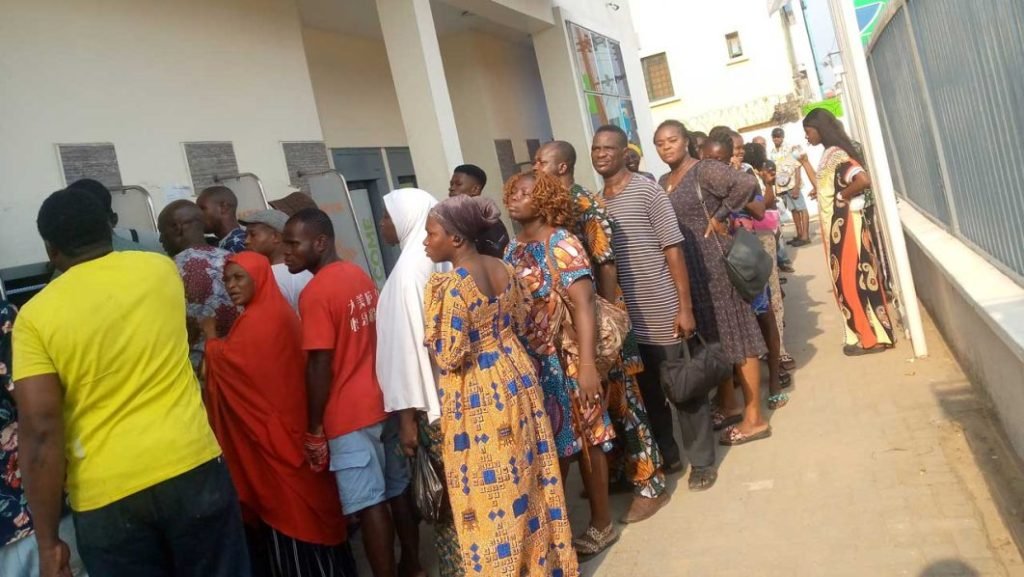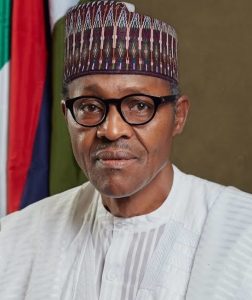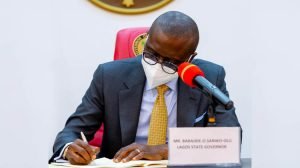
By Habibat Aliu
As the cash crunch bites harder, leaving many households in dire situations, Agusto & Co has warned that continued deterioration of economic conditions and living standards remain the largest underlying threat to Nigeria’s overall stability, even though it believes things are likely to get worse before they get better.
Indeed, the rating agency noted that the next president’s first order of business will be to confront Nigeria’s economic challenges, which are the culmination of multi-decade structural and policy weaknesses.
It noted that structurally high inflation has been exacerbated by elevated global commodity prices, currency weakness, and the impact of the rising spate of insecurity on food production. This has left the average Nigerian significantly poorer as GDP per capita, at $2,418 in 2022, is still lower than 2019 levels of
$2,5055. This is currently contributing profoundly to a wave of emigration by Nigerians, in search of greener pastures, which now threatens several critical sectors of the economy, particularly healthcare.
Despite the protracted high energy cost, huge political spending and the impact of last year’s floods on food availability, the firm is also optimistic the country’s inflation rate would taper moderately to 16 per cent this year.
The position, it said, is supported by the easing of global commodity prices from their peak in 2022.
The projection, contained in the research institution firm, discounts the January inflation reading by 6.82 percentage points.
The forecast falls in the 15 to 17 per cent regions other experts and organisations are betting. Bismarck Rewane, Nigeria’s leading economist, had projected 16.27 per cent – about the same forecast Abiodun Adedipe of B.Adedipe Associates gave.
Agusto highlighted some of the downside factors to inflation to include election spending, the impact of last year’s floods on food prices, elevated energy prices, exchange rate pressure and cost-reflective petrol and electricity prices.
Referencing the recent decline in Treasury Bill rates, the report observed a wide disconnect between the monetary policy rate (MPR) and the anchor rate. It insisted there are questions about the potency of MPR, which currently stands at 17.5 per cent – the highest in decades.
“In advanced climes, it is somewhat unusual for central banks to shift ground on interest rates in an election year lest they evoke the perception of partisanship. But these are rather unusual times in Nigeria. Treasury Bill rates (364-days) have declined by 1006 basis points (bps) to 4.78 per cent in January 2023 from 2022’s peak of 14.84 per cent (in November) despite the five MPR hikes (a cumulative of 600bps) since May 2022.
“This contradiction calls into question the potency of the MPR as an anchor rate, however, the hawkish tone of the MPC signals a desire to deploy the MPR as the primary tool in aggressively combating inflationary pressures. As a result, we expect inflation to taper in 2023 to 15-17 per cent,” it noted.
With premium motor spirit (PMS) selling at over 70 per cent discount in Nigeria compared with neighbouring countries, the report said subsidy removal is certain notwithstanding the outcome of this week’s presidential election.
It also underpinned the importance of fiscal reform to wean the economy from the concentration risk of oil. It, however, balked at the possibility of achieving the desired reform in record time.
It noted: “All eyes will also be set upon a post-election push for reform. Top of the list will be eliminating petrol subsidies. It is already widely acknowledged in Nigeria’s political arena that the country’s fuel subsidy scheme is unsustainable and, if nothing is done, Nigeria could soon be staring debt distress in the face. Officially, petrol subsidies are set to end in June 2023, and the analyst consensus is for a decision to bite the bullet and deregulate pump prices beginning July 2023
“Eliminating, or at least minimising subsidies, will make way for further and more fundamental fiscal reforms. On the evidence, higher oil prices ($100 per barrel in 2022) have become insufficient in balancing Nigeria’s budget – largely as a result of low oil production [1.1 million barrels per day (mbpd)] – 37.9 per cent lower than its OPEC quota (1.8mbpd11) and about 50 per cent of 2013 levels (2.18mbpd).”
On the outstanding N22.7 trillion ways and means (W&M) facility, it noted that the planned restructuring would tighten credit conditions if banks update much of it.








